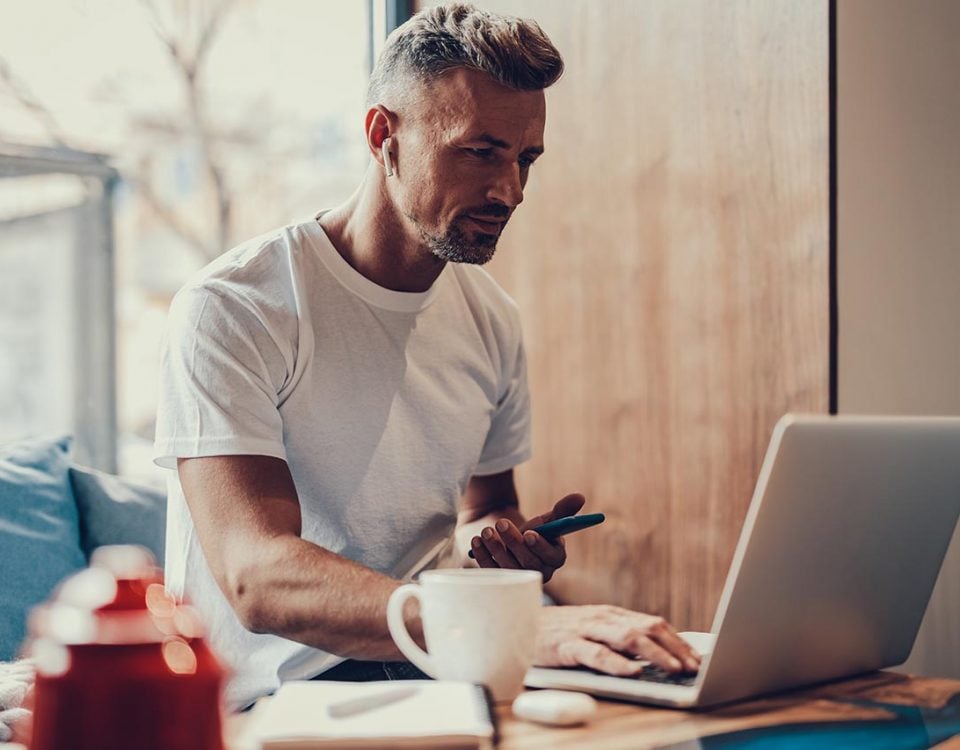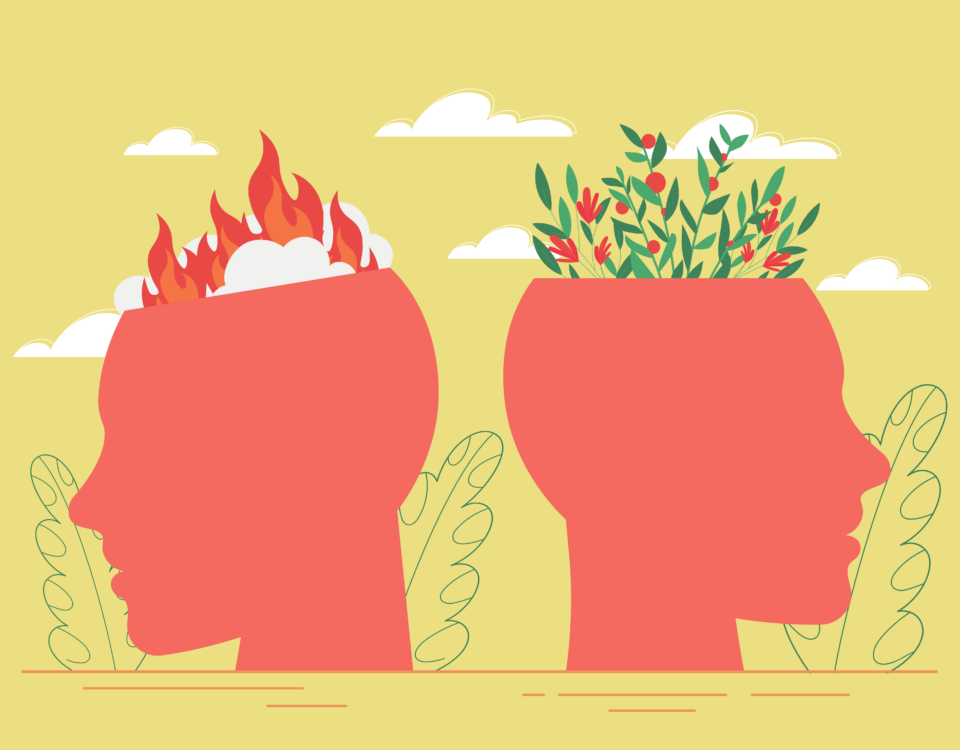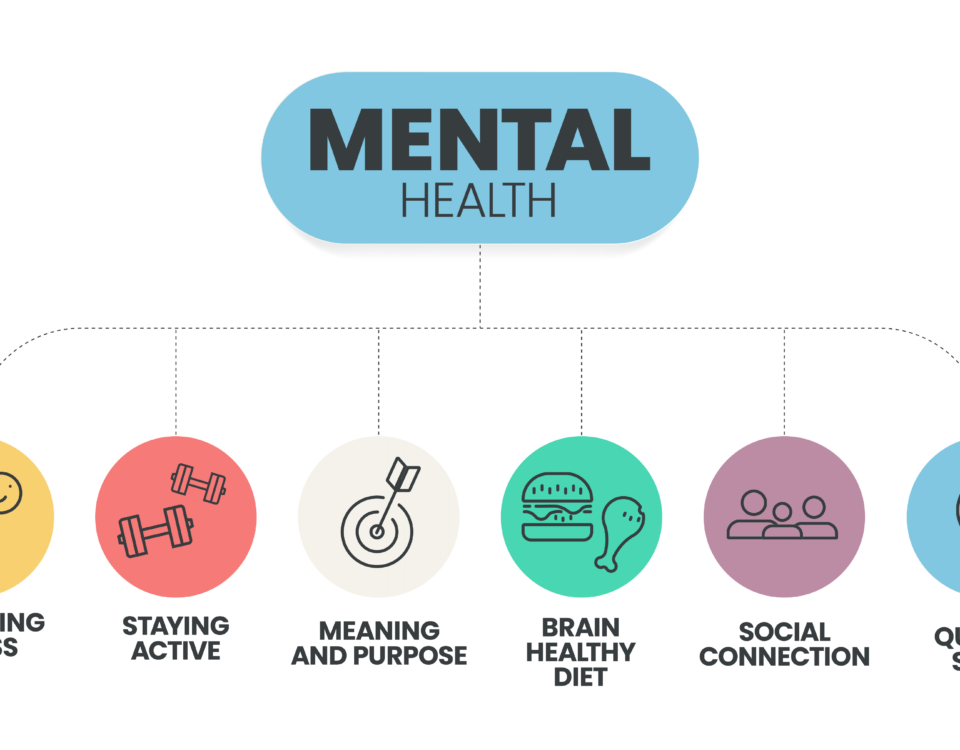Opioids are a class of drugs that include illicit substances like heroin and prescription medications like oxycodone, hydrocodone, fentanyl, codeine, morphine, and more.
When used correctly and under the guidance of a healthcare provider, prescription opioids can be safe and effective. However, misusing these medications can lead to physical dependence and addiction. Opioid addiction has become a significant problem in the United States, so much so that an opioid epidemic has wracked the nation for years. Our Texas treatment center is sharing a list of ways to prevent opioid abuse that can help you and your loved ones avoid this issue.
Getting into treatment is easy with our free insurance verification
"*" indicates required fields
Why Do People Get Addicted to Pills?
Drug addiction is a complex disease that can have many causes. It’s important to note that anyone who takes opioids, even if prescribed, is at risk of developing an addiction.
Opioids are highly addictive because they trigger the release of chemicals like endorphins and dopamine in the central nervous system, the latter of which plays a role in mood, pleasure, and reward. In addition to alleviating pain, these drugs can produce a euphoric high when taken in large doses.
The activated release of these chemicals boosts the individual’s mood, creating a sense of well-being. This sense of well-being and euphoria is what reinforces continued opioid abuse in users.
The longer drug use persists, the more tolerant the brain and body become to a particular dose. This means that the person would have to take more of the drug to experience the same effect.
Physical dependence develops soon after, which is characterized by uncomfortable withdrawal symptoms. These symptoms often present themselves in individuals addicted to opioids and other similar drugs, either when they cut down on their use or haven’t taken these drugs for a few hours.
To avoid withdrawal symptoms, people with opioid addictions may continue using them, even if they’ve realized how bad the situation has gotten. Addiction is also as much mental as it is physical, so aside from the feel-good side effects these drugs can produce, other reasons people become addicted to pills include:
- Using them for emotional support
- Using them to manage symptoms of mental illness
- Mixing them with other drugs or alcohol
- Spending time with people who abuse opioids
- Growing up in a household or family in which another person abused opioids
Recreational opioid use is often linked to underlying factors, such as mental illness or family history of addiction. The person’s thoughts are reflected in their actions, which is why the 12 step program and other forms of therapy are often used in opioid addiction treatment.
What Are Some Ways to Prevent Opioid Abuse?
Suppose you’re taking any opioids or have someone in your household who is. In that case, it’s important to take the initiative to learn how to reduce prescription drug abuse and safely monitor these medications. As a patient, or the loved one of a patient, who takes these medications, you are responsible for managing them appropriately.
Opioid recreational use often occurs when patients begin misusing their prescribed medications. This may include taking more than the recommended dose, taking them with other medications, or taking them with alcohol. Taking someone else’s medication or sharing your prescription medication with someone else also constitutes drug abuse.
Below are some practical ways to prevent opioid abuse that you can implement in your household.
- Work with your doctor to create a plan to manage your pain
- Always follow your doctor’s directions on how and when to take your opioid medications
- Ask your doctor about other options that don’t involve opioids
- Ask your doctor about any possible side effects and risks
- Follow up regularly with your doctor (they’re trained to read the signs of tolerance and dependence, so they may catch a problem before it escalates)
- Always let your doctor know if you’re experiencing any side effects or discomfort
- Avoid taking opioids with alcohol
- Avoid taking opioids with other medications, especially depressants (some doctors prescribe their patients with several medications depending on their ailments, so be sure to follow directions when taking them)
- Do not share or sell your prescription medications
- Do not take someone else’s prescription medications
- Store your medications in a secure place that’s out of reach of others (including children, family, friends, and visitors)
- If you have any unused medications after you stop taking them, find your local prescription drug take-back program or pharmacy mail-back program
Signs of Opioid Abuse
In the case that opioid addiction has developed, below are some symptoms of opiate use to be aware of:
- Loss of coordination
- Shallow or slow breathing rate
- Nausea and/or vomiting
- Stomach pain
- Constipation
- Slurred speech
- Drowsiness
- Shaking
- Excessive sweating
- Difficulty sleeping
- Depression
- Anxiety
- Decreased performance at work or school
- Mood swings
- Abandoning responsibilities
- Financial problems
- Withdrawal from loved ones
If you recognize the symptoms of opioid abuse in yourself or a loved one, speak to your doctor immediately. Unfortunately, many people who start abusing their prescription opioids often turn to illegal opioids, such as heroin or krokodil. In this case, additional addiction services are required.
Opioid Addiction Treatment
Preventing opioid misuse is possible. But in the case that you or someone you care about succumbed to opioid abuse and addiction, it doesn’t mean you failed. Recovery is possible.
Our Texas rehab offers opioid and prescription drug addiction treatment for patients who have developed a dependence on their medications or illicit drugs. Most patients begin their treatment with a medically assisted opioid detox to better focus on their recovery.
Opioid withdrawal symptoms can also become dangerous if they aren’t treated properly, which is why a medically assisted detox is crucial to a safe recovery. While this process can be challenging, it is possible.
Our specialists are here to guide you every step of the way. If you want to begin your journey to a drug-free life or know someone who does, call Banyan Treatment Centers today at 888-280-4763 to speak to specialists about our drug addiction treatment in Texas.
Related Readings:








